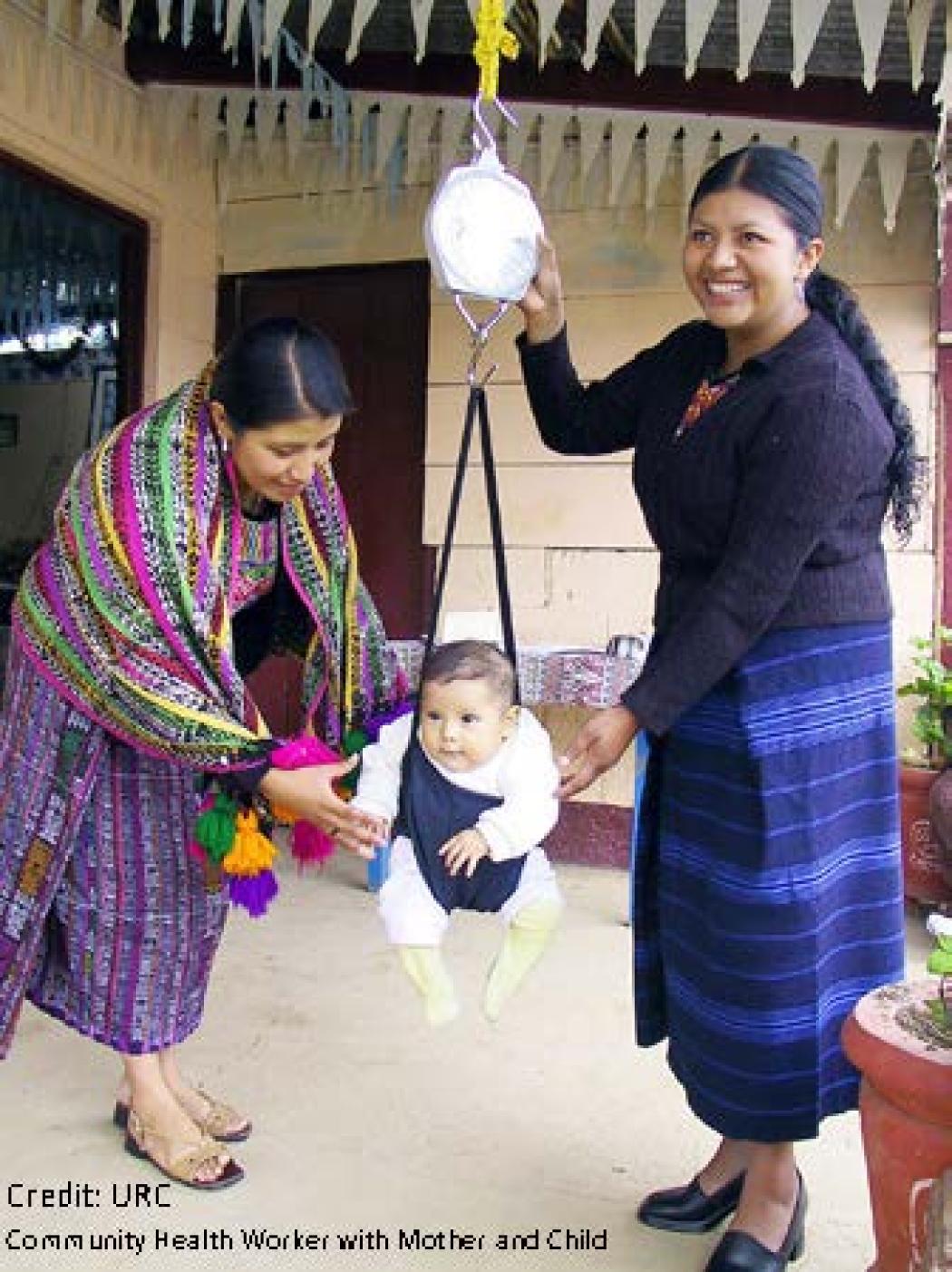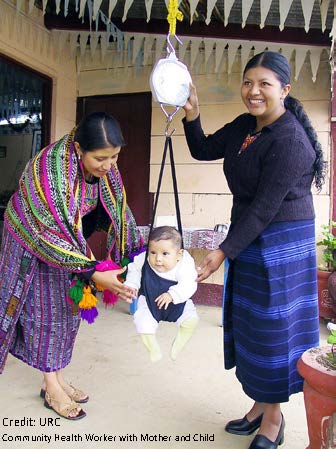Supporting Community Health Workers is Critical - But Who, What and How?

By Tana Wuliji, University Research Co., LLC
Community health workers—known by myriad titles, from health extension workers to village volunteers—form a critical part of the frontline health workforce in many low- and middle-income countries. So what kind of community and health system support improves community health worker (CHW) performance?
This very question was debated by around 100 individuals representing government agencies, academic institutions, and development organizations at the U.S Government Evidence Summit convened by USAID on May 31 – June 1.
Despite the hundreds of articles, reports and other documents published on CHWs and digested by the Evidence Review Teams to date, solid evidence to answer this question was scant. While the evidence was limited, the discussion was anything but, with participants exchanging a flurry of experiences, beliefs and ideas.
That there should be support was clear, but exactly what combination of support was less clear. Common themes that emerged in the evidence presented pointed to the importance of communities being engaged to select CHWs, CHWs being physically and socially accessible and trusted, information being used for decision making, ensuring the availability of requisite materials and supplies, ensuring that CHWs have the competencies to perform, and the value of continuous efforts to improve. Another idea flagged for further exploration was that country ownership of CHW programs should be extended to the idea of “joint ownership” by communities and the formal health system.
The evidence we have so far couldn’t discern what impact specific support activities had on performance and whether the way they were structured or organized had anything to do with it. Neither could it answer the question of what combination of support activities are required to optimize CHW performance.
So what?
There was a strong feeling that this gap in current understanding mattered, particularly with many countries scaling up CHW programs. There was also some dismay that despite over 30 years of experience of large-scale CHW programs, such questions had not been effectively answered in the literature. We clearly need more rigorous case studies that explain the “how” or the process by which outcomes were achieved.
What next?
Clear take-home messages from this Summit were that CHWs are an essential part of the frontline health workforce, that they need to be supported to perform, that more research is needed to better understand how they should be supported, and that investment is needed to better support CHWs, communities and health systems to perform.
That these take-home messages are translated to action is a call for us all.
Written by: Tana Wuliji. Tana is the Senior Quality Improvement Advisor for Health Workforce Development, University Research Co., LLC. University Research Co., LLC is a member of the Frontline Health Workers Coalition, a dynamic and influential coalition of 25+ NGOs working together to urge greater and more strategic U.S. investment in frontline health workers in the developing world as the most cost-effective way to save lives and foster a healthier, safer and more prosperous world.

